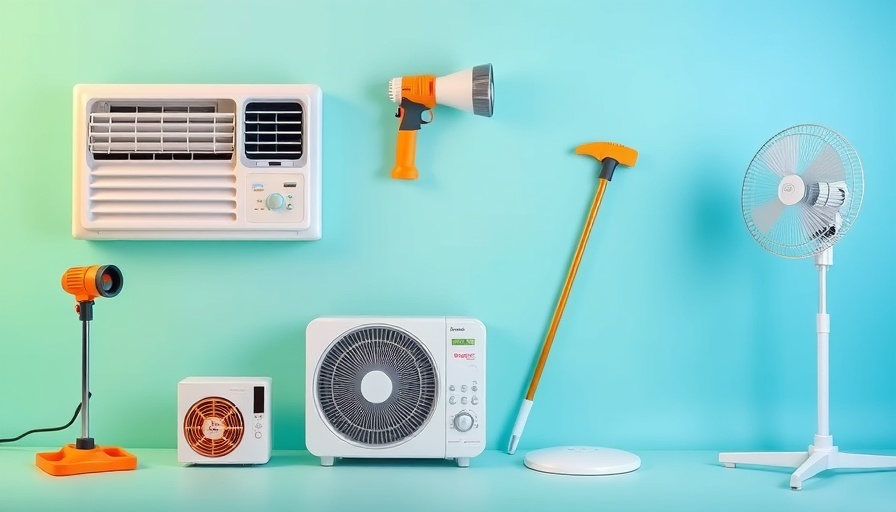
The Ultimate Float Valve: A Game Changer for Homeowners
For homeowners looking to optimize their water systems, float valves represent an often underappreciated but crucial component. They control the flow of water, maintain levels, and ensure systems operate efficiently without wasting resources. Understanding the nuances and best applications of float valves can transform your home maintenance into a seamless operation, saving both time and money.
What is a Float Valve and Why It Matters
A float valve is a staple in many water systems, including toilets, aquariums, and irrigation systems. Its function is simple yet essential: it floats on the water surface and activates when a certain level is reached, allowing or stopping the flow. This automatic and responsive feature prevents overflow and damage, making it an invaluable device in any owner’s toolkit.
Floating Into the Future: Innovations in Float Valve Design
Gone are the days of cumbersome and archaic float mechanisms. Modern float valves are equipped with innovative technology that not only improves functionality but also enhances energy efficiency. Designs with electronic sensors can now monitor water levels more accurately than ever, adapting to changing conditions and optimizing performance seamlessly.
Practical Insights: Choosing the Right Float Valve
When selecting a float valve, it’s vital to consider its application. For instance, garden irrigation systems benefit from a valve that allows for adjustable settings, enabling efficient watering during dry seasons. Conversely, for aquariums, a valve with gentle control is crucial to avoid shocking delicate marine life. Understanding the specific needs of your installation can lead to better functioning systems and prolonged equipment life.
Common Misconceptions About Float Valves
Many homeowners underestimate the importance of proper maintenance for float valves. While they might seem like a set-and-forget device, regular check-ups are required to ensure optimal performance. Common issues like debris blocking the float mechanism or faulty seals can lead to leaks or system failures. Taking the time to inspect and clean your float valves is an essential step in prolonging the life of your water systems.
Missing Float Valves? A Hidden Risk
Without a properly functioning float valve, homeowners risk experiencing overflow and flooding, which can lead to significant property damage. By investing time and resources into selecting and maintaining quality float valves, homeowners can mitigate risks and promote peace of mind throughout their living spaces.
Conclusion: Make the Smart Choice for Your Home
By choosing the right float valve, you not only enhance the efficiency of your water systems but also provide a safeguard against potential disasters. Don’t overlook this small yet mighty component; it could be the final boss in your home improvement battle!
 Add Row
Add Row  Add
Add 




Write A Comment